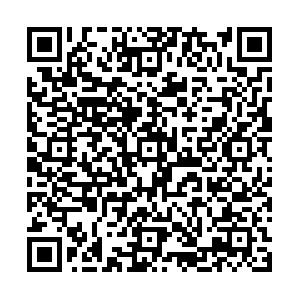Abstract:
With the advent of the digital age, the cultivation of digital literacy among college students has become a pivotal measure in propelling the nation’s digital transformation, accelerating the informatization process, and enhancing the digital literacy of the whole people. Against this backdrop, this paper aims to delineate the multi-dimensional components of digital literacy of college students and analyze the challenges encountered in higher education institutions during the cultivation of this literacy, subsequently proposing corresponding enhancement strategies. Digital literacy is articulated as an integrated capability encompassing key elements such as information awareness, digital skills, digital communication, digital ethics, and innovative creativity. In the domain of higher education, digital literacy education is facing multiple challenges, including the disconnection between teaching content and technological development, the insufficiency of integration between teaching methods and digital tools, the conflict between personalized learning needs and standardized teaching models, and the absence of digital ethics and cybersecurity education. To address these challenges, higher education institutions need to synchronize curriculum content with technological advancements, promote a deep integration of traditional teaching with digital tools, balance standardized teaching and personalized learning needs, and establish a system for digital ethics and cybersecurity education, thereby providing support for cultivating high-quality talents with innovative spirit and practical capabilities.

 点击查看大图
点击查看大图



 下载:
下载:
